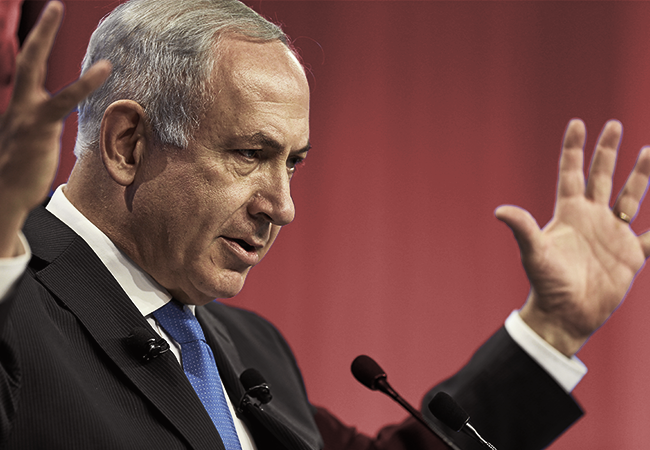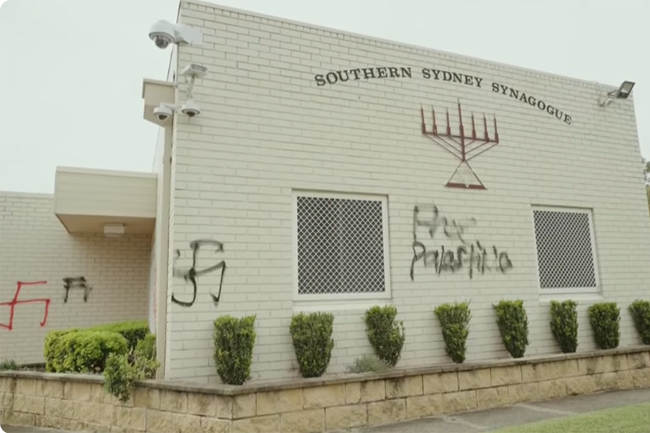Along with the indignity of the social stigma against people living in poverty, the Government is able to profit from the plight of welfare recipients, writes Bilal Cleland.
THE MORRISON Liberal-National Coalition is set upon a major shake-up of the welfare system. A central feature of this will be the national spread of a cashless debit card.
This program will allocate 80% of unemployment and other welfare payments to the card, thus preventing benefits being spent upon alcohol, drugs or gambling.
It will also involve reviving plans for drug testing for new Youth Allowance and Newstart recipients.
Refusal to take part in drug testing will mean cancellation of welfare payments.
The shake-up will also involve ‘forcibly taking rent and utility bills out of people's social security or family tax benefit payments to ensure they're up to date and don't become homeless’.
The Federal Government is justifying the national roll-out of this policy on the basis of an evaluation of the first two trial sites, released in 2017.
This found that 41% of participants reported drinking alcohol less frequently, 48% reported gambling less and 48% reported using illegal drugs less often.
South Australian Aboriginal Drug and Alcohol Council Chief Executive Scott Wilson accused the Government of using “disingenuous” methodology to reach its conclusions.
His opinion echoed an Australian National Audit Office report in June last year that the Government's “approach to monitoring and evaluation was inadequate” due to a “lack of robustness in data collection”.
The association of unemployment and the need for welfare with assumptions about drugs, alcohol and gambling reflects the worldview of those who associate wealth with righteousness and poverty with sin.
A theological trend in conservative evangelical circles in the USA and some other countries is the Prosperity Gospel ‘that emphasises believers’ abilities to transcend poverty and/or illness through devotion and positive confession’.
According to the Harvard Divinity School Religious Literacy Project, it is a theology popular with the wealthy as well.
Its messages ‘affirm the religious and spiritual legitimacy of wealth accumulation and reinforce a worldview in which financial success is an indicator of moral soundness’.
This attitude is reflected in the opinion of David French, a devout evangelical Christian who writes about how religion is central to living a flourishing life:
It is simply a fact that our social problems are increasingly connected to the depravity of the poor. If an American works hard, completes their education, gets married, and stays married, then they will rarely — very rarely — be poor. At the same time, poverty is the handmaiden of illegitimacy, divorce, ignorance, and addiction. As we have poured money into welfare, we’ve done nothing to address the behaviors that lead to poverty while doing all we can to make that poverty more comfortable and sustainable.
Although the evidence suggests that this policy is ill-founded and doomed to failure, there is a silver lining.
There is profit in poverty:
During the welfare card trials, Indue has received between $4,000 to $10,000 for each participant in the trial, even though the Newstart allowance is less than $14,000 per year. Certainly, there are start-up costs involved in servicing this type of program, but up to $10,000 for a private company to manage an account only worth up to $14,000 annually raises questions of whether the Indue company is the most cost-effective option for this scheme.
It also raises the question of why Indue was chosen in the first instance, especially when the expertise and experience provided by the National Australia Bank, Commonwealth Bank, Westpac or ANZ would have been far superior.
Said Nursî summarised the weakness of western civilisation in two phrases:
‘One is: “So long as I’m full, what is it to me if others dies of hunger,” and the other: “You struggle and labour so that I can live in ease and comfort.’
This has not changed.
Bilal Cleland is a retired secondary teacher and was Secretary of the Islamic Council of Victoria, Chairman of the Muslim Welfare Board Victoria and Secretary of the Australian Federation of Islamic Councils.
 This work is licensed under a Creative Commons Attribution-NonCommercial-NoDerivs 3.0 Australia License
This work is licensed under a Creative Commons Attribution-NonCommercial-NoDerivs 3.0 Australia License
Support independent journalism Subscribe to IA.












